By Emeka Chigbu, Nigeria
The Igbos are one of the major tribes in Nigeria, and are located in the south-
eastern part of the country. They inhabit an area referred to as Igboland, which is divided into two sections along the lower River Niger. They live in most or all
the parts of five states: Abia, Imo, Enugu, Ebonyi, and Anambra as well as
minor parts of Delta, Rivers and Benue states.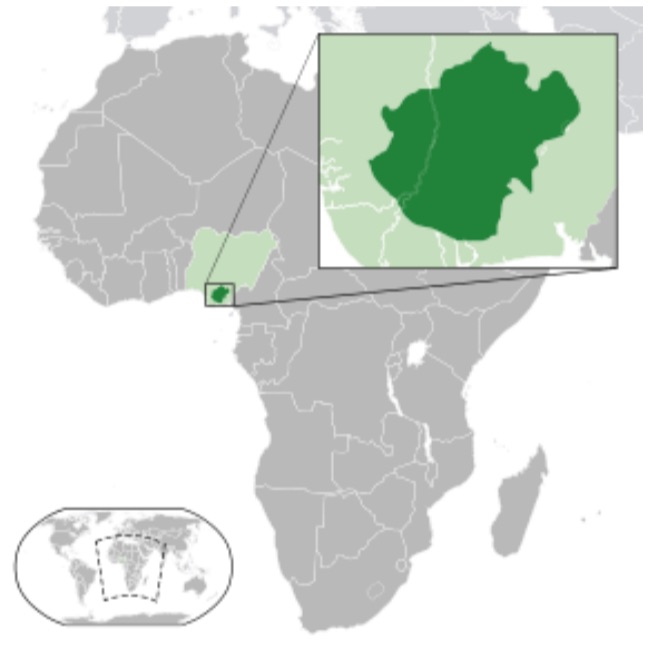
At independence in 1960, An Igbo man Dr. Nnamdi Azikiwe was made the
Head of state by the British. This was a ceremonial role, as the government
was run by the Prime minister who happens to be a Northerner, Sir Abubakar
Tafawa Balewa. Subsequently there was a Military coup and counter coup
which led to the polarization of the two regions, and after efforts to resolve
their differences failed, the Igbo generals decided to declare a separate state
from Nigeria (Biafra), which led to a civil war between 1967 and 1970 in which
more than 3 million Igbos were reported to have lost their lives most of them
from starvation.
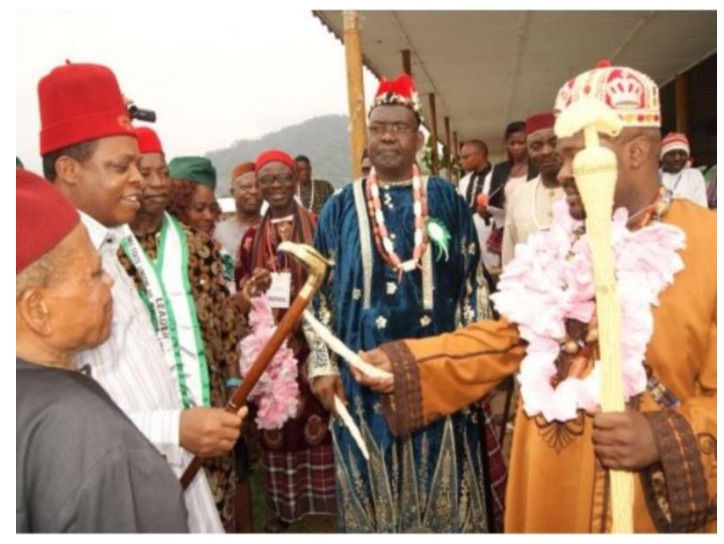
Post War Igbos
After the 3 years civil war that happened between 1967 and 1970 between the
Igbo tribe and the rest of the country (Hausa/Fulani and Yorubas), the Igbos
were integrated back into the rest of Nigeria, although they suffered a great
loss from the war, they have since found back their feet and now control a
major aspect of the country’s Economy and Businesses, but not as much as
they would like in government. Igbos live in all major cities across the country
and actually control major commercial activities in these cities.
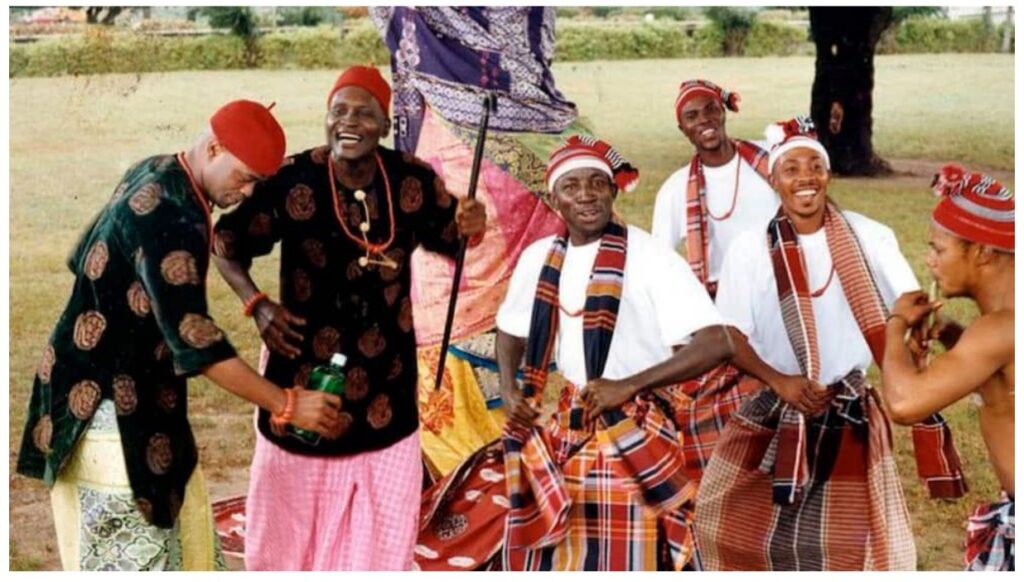
Agitations and the Marginalization Narrative
There has recently been a resurgence of agitation by a separatist group called
IPOB (Indigenous People of Biafra), who are spreading the propaganda of
marginalization and separation to fellow Igbos. I know that a typical Igbo man
from the southeast Nigeria has not been able to occupy the highest position of
government; which is the president since the return to democratic rule in
1999, but let’s not forget that the Igbos have been Vice president and Senate
President in this country and have been allowed to do their businesses
unchallenged everywhere around the country an achieve the highest level of
economic prosperity. The Igbos can own lands and work anyway they choose
around the country.
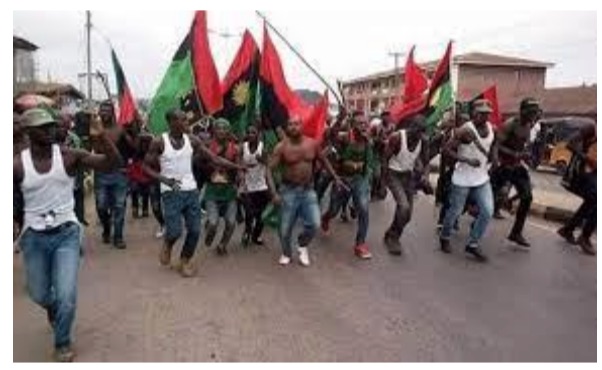
This narrative that the Igbos are marginalized and therefore must separate from the rest of Nigeria, is unnecessary and unjustified.
Recent statistics by the International Monetary Fund (IMF) and the World Bank reveals that the poorest regions in Nigeria are the northern regions. The
northeast and the northwest, incidentally these are the regions that have
produced the most top leaders in the country, Presidents and Vice presidents,
but with no real impact in the lives of their people, while the southeast region
which inhabits the Igbos remains relatively better economically than all the
other regions in Nigeria. This shows that producing the top leader from a
particular region may not necessarily translate to better life for those from that
part of the country. I believe however that an Igbo president will emerge at the
right time.
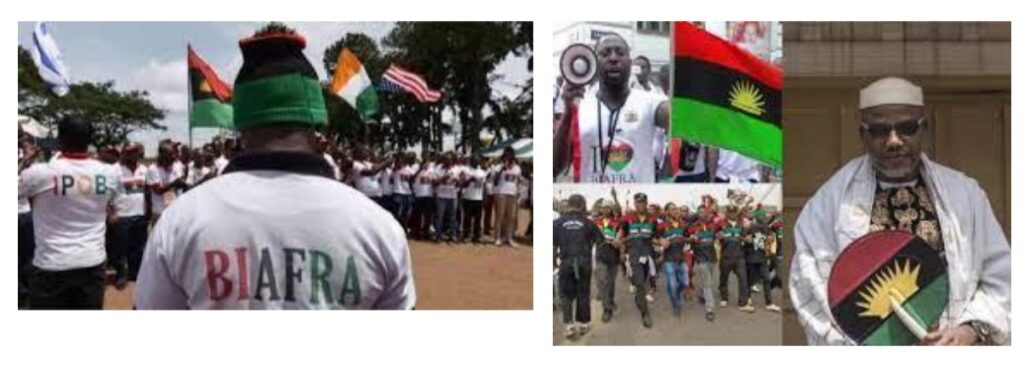
The recent agitation for self-determination by the Igbos for a separate country
called Biafra can be justified by other reasons, but the marginalisation
narrative only helps to polarize us further as a people.
Many people from other minor tribes in Nigeria actually think that the Igbos
are the most prosperous, and doing very well in many different sectors of the
economy, so to turn around and cry that Igbos are being marginalized may be
seen as blasphemy.
The Igbo Prosperity
The Igbos are arguably the most prosperous tribe in the whole of Nigeria. This
is majorly as a result of their enterprising nature and abilities. The Igbo are very
resilient people who are achieving great things and pushing frontiers all over
the world. The recent quest for a separate state is unnecessary in my opinion;
however, if it has to be done then we do not need to ride on the sentiments of
marginalisation to push for a separate. We clearly are not marginalised.